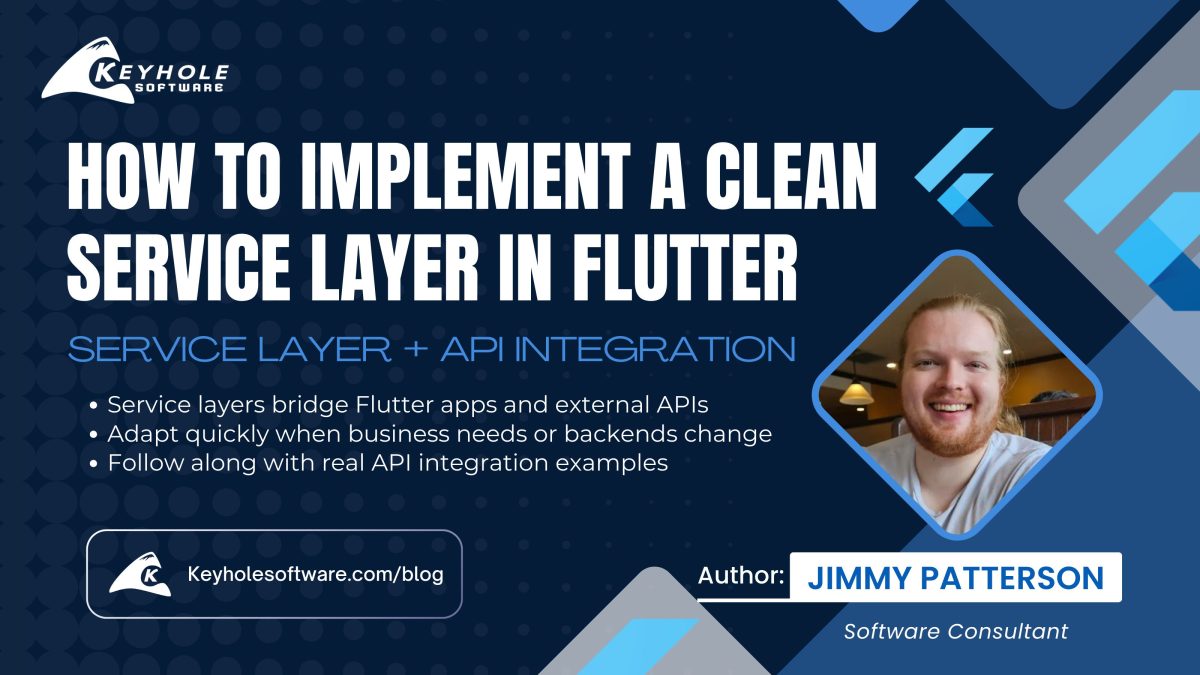This blog walks through building a clean, modular service layer in Flutter to keep mobile apps scalable, maintainable, and resilient to change. Using real examples with third-party APIs, it demonstrates how to abstract logic, structure code for API calls, and easily swap data sources without major rewrites. You’ll also learn strategies like creating request/response classes and centralizing error handling to reduce redundancy and improve code quality.
Achieving Effective API Test Coverage: Best Practices and Tools
Test coverage is a metric that measures how much of your codebase is exercised by tests, providing insight into the effectiveness of your testing efforts. In this blog, we’ll focus on API projects, exploring the types of tests suited for code coverage, realistic goals (and tools to help achieve them), and the minimum coverage needed to reap the benefits of your tests.
Testing your code—down to individual lines—is a critical practice in modern software development. It helps ensure applications remain reliable, stable, and maintainable, all while balancing practical constraints.
Are All Kubernetes Services in the Cloud the Same?
Kubernetes has transformed how organizations deploy and manage containerized applications, but cloud-based Kubernetes services vary widely in what they offer. From pricing models to integrations and support, each cloud provider tailors its Kubernetes service to fit different needs. Knowing these differences is key to ensuring your organization gets the most out of this powerful platform. Understanding Kubernetes Consistency and Variations …
Navigating GCP IAP: Local and Deployed Development with .NET and React
I’m currently working on several cloud-native projects hosted on Google Cloud Platform (GCP) that use .NET for the API and React for the UI. These projects rely on GCP’s Identity-Aware Proxy (IAP) to handle authentication, which occurs before any requests reach the Application Load Balancer or the application itself.
While GCP’s IAP offers robust security benefits, configuring a .NET and React application to work seamlessly with it—both locally during development and when deployed to a Cloud Run instance as a Docker container—proved to be more challenging than I expected. The available documentation and resources for this setup are sparse and often fragmented, making it difficult to piece together a clear solution.
This blog post is my way of sharing the lessons I’ve learned along the way. By outlining the steps and solutions that worked for me, I hope to save others from the trial and error I experienced and provide a clearer path for integrating GCP IAP with .NET and React applications.
Best Practices: Enterprise App Development With Python
Python has become the go-to language for enterprise-level applications, and it’s easy to see why. With its simplicity, versatility, and extensive libraries, Python provides an excellent framework for developing robust applications. But despite its wide use, successful enterprise app development with Python requires a thoughtful and strategic approach. In this guide, we’ll explore some of the best practices that can …



